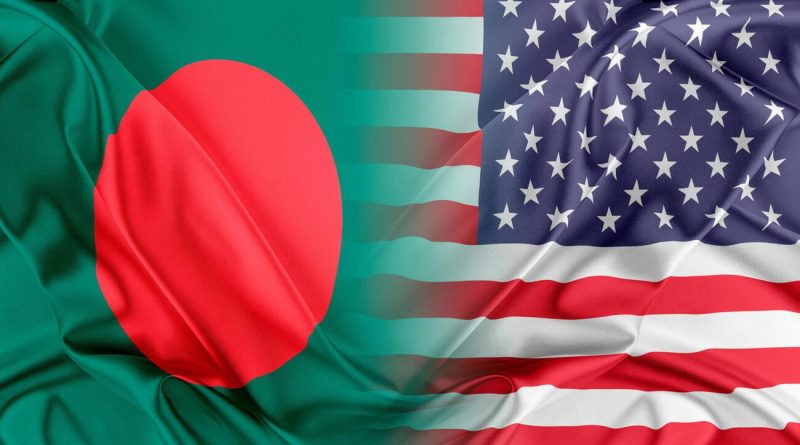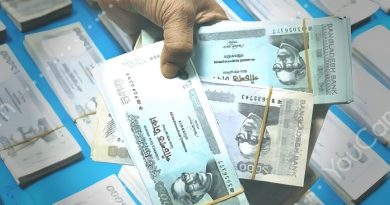In a potentially significant development for Bangladesh’s trade sector, the United States has given positive indications of reducing the steep 35% reciprocal tariffs currently set to be imposed on Bangladeshi exports.
Commerce Secretary Mahbubur Rahman, speaking from Washington early Monday (Bangladesh time), stated that U.S. officials from the Office of the United States Trade Representative (USTR) signaled a willingness to lower the tariff rate during the first day of the ongoing negotiations.
“We had a productive discussion with the U.S. on July 29,” Rahman said. “Though the exact reduction percentage has yet to be finalized, we are hopeful. More meetings are scheduled, and we anticipate a favorable outcome for Bangladesh.”
Ongoing Negotiations in Washington
The third phase of the Bangladesh-U.S. tariff negotiations began at 3:30 a.m. (BST) and continued throughout the day. The Bangladeshi delegation includes Commerce Adviser Sheikh Bashir Uddin, National Security Adviser Dr. Khalilur Rahman, and Additional Secretary Dr. Nazneen Kawshar Chowdhury. The U.S. side is being led by Assistant Trade Representative Brendan Lynch and a team of trade and tariff officials. The talks are being facilitated by the Bangladesh Embassy in Washington, D.C.
Background to the Tariff Dispute
The current tariff dispute stems from an announcement made by U.S. President Donald Trump on July 7, 2025, through his social media platform Truth Social. In a series of letters sent to 14 countries, including Bangladesh, the U.S. declared it would impose new tariffs ranging from 25% to 40%, with Bangladesh set to face a 35% rate effective August 1.
This proposed rate is slightly lower than the initial 37% floated earlier this year but remains substantially higher than the 20% tariff rate recently secured by Vietnam—Bangladesh’s key competitor in the readymade garment (RMG) sector—under a bilateral trade deal.
Other regional competitors, including India, Pakistan, Indonesia, and China, have also received lower proposed tariff rates, raising concerns over Bangladesh’s export competitiveness, particularly in the apparel sector.
Warning Against Retaliation
In his correspondence, President Trump warned that any retaliatory tariffs from affected countries would result in proportionate increases from the U.S. side. “If for any reason you decide to raise your Tariffs, then, whatever the number you choose to raise them by will be added onto the tariffs that we charge,” he wrote.
Looking Ahead
Despite the challenging context, Bangladeshi officials remain optimistic. The outcome of these negotiations could be pivotal for the country’s export sector, especially given its reliance on U.S. markets and the growing competition from regional peers.
Further meetings are expected over the next two days, with Dhaka closely monitoring developments and hoping for a reduction that would restore some parity in trade access.






